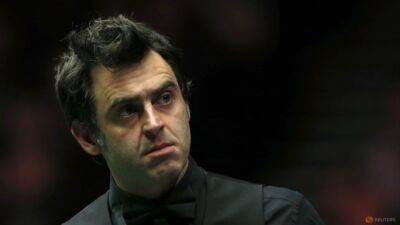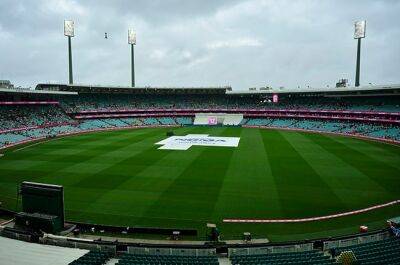World Rugby calls for shot clock to help speed up rugby
World Rugby will encourage elite competitions to have a shot clock for penalties and conversions from 1 January, with sanctions to be issued for time-wasting as part of plans to speed up the game.
The guidelines have been designed by the governing body to help match officials, players and coaches and to improve fan experience following a meeting of stakeholders in November.
"World Rugby, member unions and competitions will work with broadcasters and match hosts to implement on-screen [stadia and broadcast] shot clocks for penalties and conversions to ensure referees, players and fans can view the countdown," World Rugby director of rugby Phil Davies said in a statement.
World Rugby reminded its officials to apply existing laws, including requiring players to take conversion kicks within 90 seconds from the time a try has been awarded. Any delay could result in the kick being disallowed.
Penalty kicks will have to be taken within 60 seconds from the time a team indicates their intention to do so, with delays resulting in kicks being disallowed and scrums awarded.
Free-kicks can be awarded if players waste time, teams fail to form the lineout in time or delay forming the scrum within 30 seconds of the mark being made.
Match officials were also reminded that the current TMO protocol is aimed at identifying and ensuring clear and obvious offences are dealt with on-field.
"It was agreed [at the conference in November] that reviews can often take too long, suggesting the offence being reviewed is not clear and obvious," said Davies.
"While we can always enhance the technology interaction to speed up the process, the match official teams - led by the referee - should attempt to make speedier decisions and limit replays where not








